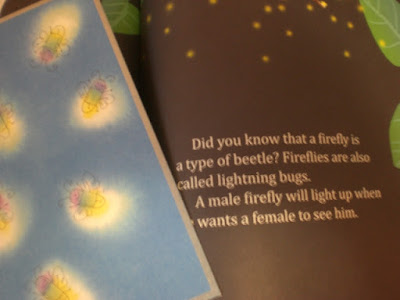I'm not saying that a toy is my path to joy. Far from it. To be honest, this toy reminds me of a piece of art--the one in Proverbs 31 that we call a portrait of a “virtuous woman.” Her resume: hard-working, resourceful, wise, kind, generous, compassionate, strong with dignity, confident, joyful. Especially her confidence and industriousness inspire me. She doesn't go around blaming people and circumstances. Bad things happen to all of us. Some keep sucking on lemons and are known as complainers. The others make lemonade, knowing the “sweetening” to make the sour tolerable will come from a close relationship with Jesus.
I've thought a lot about the phrase in verse 25, “She laughs at the future,” the word “laugh” chosen for some English translations from the Hebrew word sachaq. In our culture, that word choice can easily be misconstrued as, “Are you kidding? Can things get any worse?” But sachaq has this range of meanings: “laugh, deride, play, rejoice.” In Proverbs 8:30-31 it expresses God's delight in creating the heavens and all the earth.
This is no tickle-the-red-fuzzy-creature laugh. It's one connected to wisdom and confidence. Some Bible translations use “rejoice,” as “She rejoices in the time to come.” And there will be time to come—or at “our” time on earth to end—for God's something more. I think that's the key to unlocking this verse. This chapter's description of “The Virtuous Woman”--who is the ultimate homemaker, supportive spouse, wise mother, and part-time businesswoman--has a God-focus. She's not bitter about her circumstances, but rises above complaint to do the best she can, Quite frankly, in our culture, I think she'd shove her television in a closet and guard against time-wasters on her computer or smart phone. (I smile to think of a smart phone in a Bible-times clay house...)
Would she keep a laughing Elmo toy on the shelf? If they'd had batteries in those days, maybe. But batteries deplete. The joy-of-the-Lord has a limitless source of power.






















